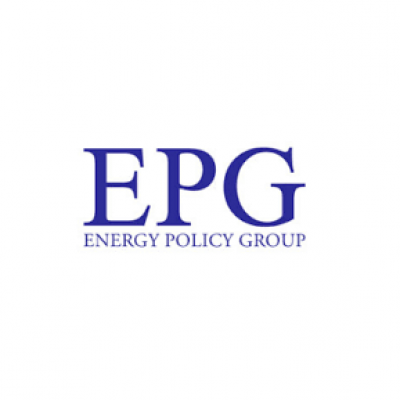Share
Print

Who we are: Energy Policy Group is an independent think tank from Romania, specializing in energy and climate policy. We are keenly interested in topics of energy and industrial decarbonization and can offer expertise on policy analysis, social impact evaluation and stakeholder mapping and engagement, as well as a strong presence in and understanding of energy and climate topics in Romania and Central and Eastern Europe. We are unable to lead a consortium but are interested in opportunities for partnership.
Programme
Programme for Environment and Climate Action (LIFE)
Work programme part
LIFE-2021-2024
Call
LIFE-2022-CET (LIFE-2022-CET)
Technical support to clean energy transition plans and strategies in municipalities and regions.
Objective:The topic aims to provide local and regional authorities with the necessary capacity to deliver and implement plans and strategies for the clean energy transition. To successfully support the achievement of European energy and climate targets, transition plans and strategies need to be institutionalised, cross-sectoral and tailored to the level of innovation, ambition and specific geographic context of the involved authorities.
Local and regional authorities are a decisive lever for the EU to achieve its 2030 climate and energy targets as set out in the European Climate Law and the relevant ‘Fit for 55’ legislative revisions, as well as the carbon neutrality objective by 2050. Policy-makers and administrations at all sub-national levels need to commit to and effectively plan and implement the clean energy transition in their territories at an unprecedented level of ambition and pace with a long-term carbon-neutral horizon. Local and regional authorities also have a very relevant role to play in the framework of the REPowerEU plan to phase out EU dependence on fossil fuels imports, as the case for a rapid clean energy transition across EU Member States has never been stronger and clearer.
Scope:Proposals should address one or both of the following areas of work:
The Commission considers that proposals requesting a contribution from the EU of up to EUR 1.5 million would allow the specific objectives to be addressed appropriately. Nonetheless, this does not preclude submission and selection of proposals requesting other amounts.
Click here to get more information
